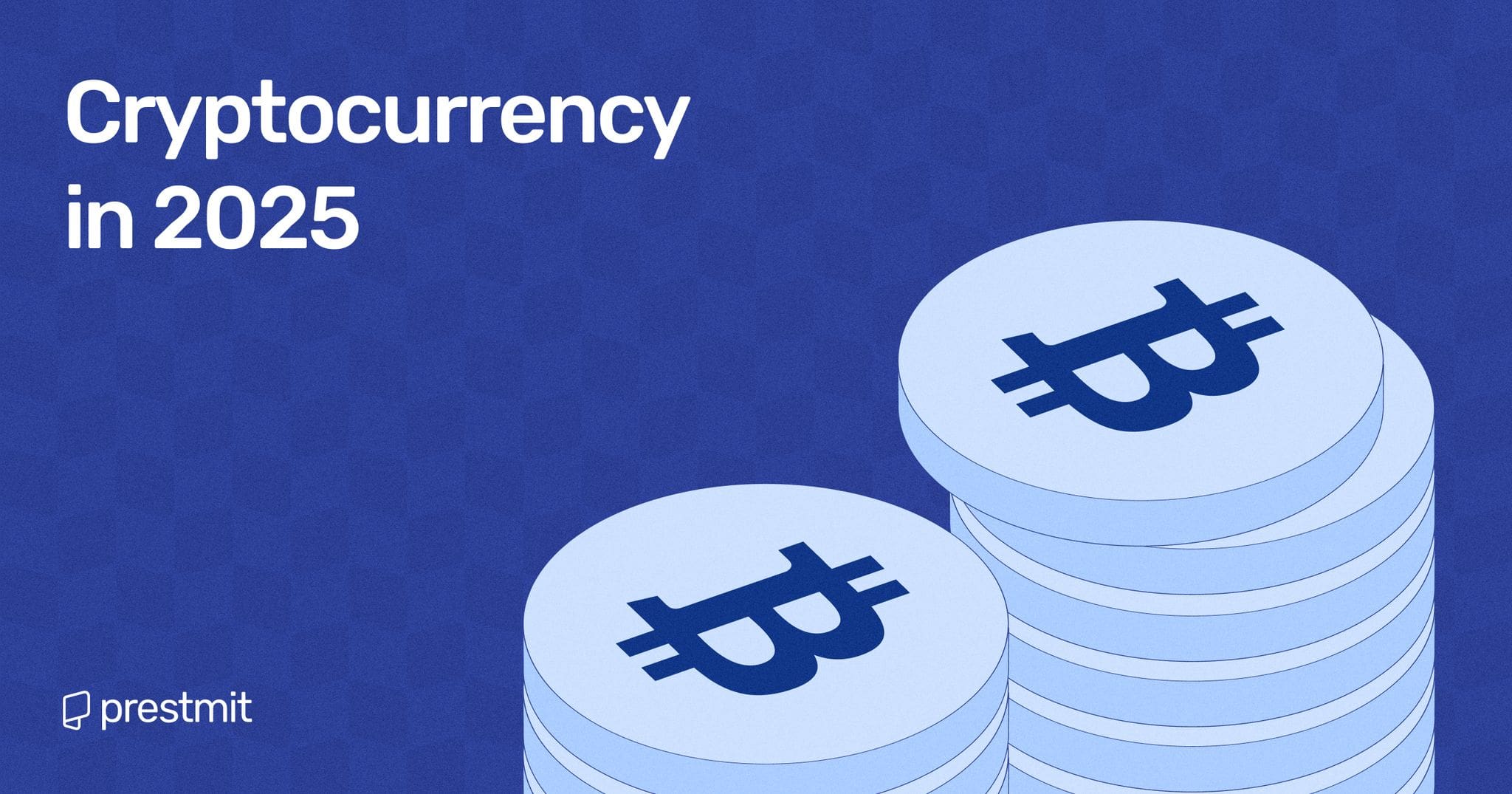The Dark Side of Personalization: How Cookies Are Invading Your Privacy
As I sat at my desk, sipping my morning coffee and scrolling through my favorite news website, I couldn’t help but feel a sense of unease. It wasn’t the latest headlines that had me on edge, but rather the subtle yet pervasive presence of cookies. Those small text files that websites use to track our every move, storing our preferences and habits like a digital fingerprint.
The innocent-looking cookie: a symbol of a larger issue
We’ve all seen the pop-ups: “This website uses cookies to enhance your experience.” But what does that really mean? And what are the implications of accepting those cookies? In this article, we’ll delve into the world of cookies and explore the darker side of personalization.
The Cookie Conundrum
Cookies are small text files that websites store on your device. They can be used for a variety of purposes, from authenticating users to tracking their browsing habits. But when we click “accept all” on that cookie pop-up, we’re not just allowing the website to store a few harmless files on our device. We’re also giving them permission to access our personal data, including our IP address, browsing history, and even our location.
The cookie consent pop-up: a false sense of security
This data is then used to create a personalized experience, tailored to our individual preferences. Sounds great, right? But what about the trade-off? By accepting cookies, we’re essentially sacrificing our anonymity and allowing companies to build detailed profiles of our online behavior.
The Impact on Our Privacy
The use of cookies raises serious concerns about our online privacy. When we accept cookies, we’re giving companies permission to collect and store our personal data. This data can then be used to create targeted advertisements, which may seem harmless but can actually be quite invasive.
The creepy world of targeted advertising
But it’s not just about the ads. The collection and storage of our personal data also raises concerns about data security. What happens when a company’s database is hacked, and our sensitive information is compromised? The consequences can be severe, from identity theft to financial fraud.
Taking Back Control
So, what can we do to take back control of our online experience? The first step is to be more mindful of the cookies we accept. Instead of blindly clicking “accept all,” take the time to review the cookie policy and understand what data is being collected.
Taking control of our cookie settings
We can also use browser extensions and other tools to block cookies and protect our online privacy. And when we do encounter those pesky cookie pop-ups, let’s not be afraid to click “decline” and take a stand for our right to online anonymity.
Conclusion
The world of cookies may seem harmless, but it’s a complex issue with serious implications for our online privacy. By being more mindful of the cookies we accept and taking steps to protect our personal data, we can take back control of our online experience and ensure that our digital footprint remains our own.
The fight for online privacy: a never-ending battle


 Photo by
Photo by 









